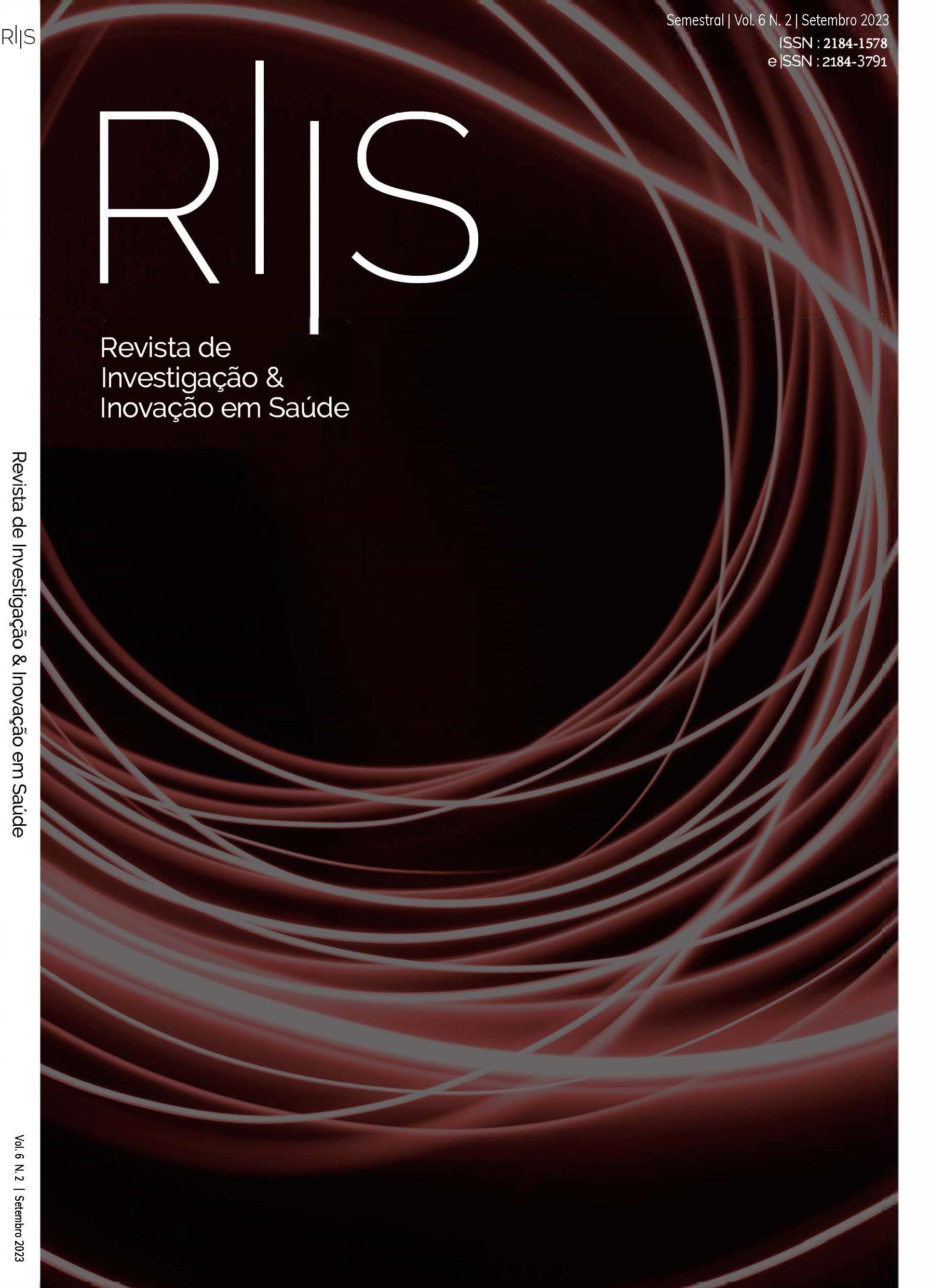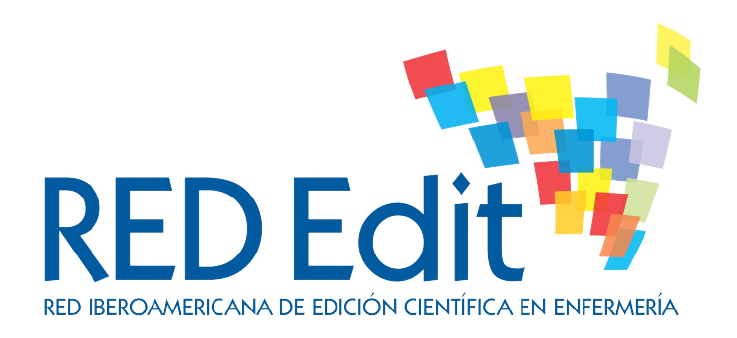Physical activity pattern and psychological well-being in higher education students
DOI:
https://doi.org/10.37914/riis.v7i3.358Keywords:
physical activity; sedentary behavior; well-being; studentsAbstract
Background: Sedentary lifestyles are a current problem in modern society, enhancing the onset of health problems. Psychological well-being is associated with mental problems which are sometimes disabling and may be influenced by the pattern of physical activity. Objectives: To analyze the pattern of physical activity among students of a higher education institution and its relationship with psychological well-being. Methodology: Cross-sectional quantitative correlational study using non-probability convenience sample. Results: Sample consisted of 48 higher education students, aged 18-25 years. We studied the relationship between the pattern of physical activity and the students' psychological well-being and their relationship with the sociodemographic variables. Although there were no statistically significant relationships, there were differences, as students who engage in more intense physical activity tended to have better psychological well-being. It was also verified that there is a tendency for older students to have a lower sense of health and that students who have a better psychological well-being coefficient have a better sense of health and less time of sedentary activities.
Conclusion: It is verified that those who practice more physical activity tend to have a better psychological well-being. A greater investment in health literacy about physical activity, its patterns, and the WHO guidelines is suggested to reduce sedentary lifestyles and improve rates of physical activity.
References
Almeida, L. M., Pereira, H. P., & Fernandes, H. M. (2018). Efeitos de diferentes tipos de prática desportiva no bem-estar psicológico de jovens estudantes do ensino profissional. Revista Iberoamericana de Psicología del Ejercicio y el Deporte, (Vol.13, No.1, pp. 15-21). https://www.redalyc.org/pdf/3111/311153534001.pdf
Borges, I. S. (2021). Efeitos da atividade física e do exercício físico na prevenção e redução de transtornos de ansiedade e depressão em adultos jovens [Trabalho de Conclusão do Curso de Educação Física, Universidade Católica de Goiás]. https://repositorio.pucgoias.edu.br/jspui/handle/123456789/1836
Campaniço, H. (2016). Validade simultânea do questionário internacional de actividade física através da medição objectiva da actividade física por actigrafia proporcional. Tese de mestrado na especialidade de exercício e saúde. Universidade de Lisboa – faculdade de motricidade humana http://hdl.handle.net/10400.5/11866
Direção Geral da Saúde. (2022a). Programa Nacional para a promoção da atividade física. DGS. https://www.dgs.pt/programa-nacional-para-a-promocao-da-atvidade-fisica.aspx
Direção Geral de Saúde (2022b). Plano Nacional de Saúde 2021-2030. https://pns.dgs.pt/files/2022/03/PNS-21-30_Versao-editada-1_Final_DGS.pdf
Ferreira, F. M., Mota, L. A., Brito, I. D., & Santos, M. R. (2017). Perfil de saúde dos estudantes de enfermagem: diagnóstico epidemiológico a partir do modelo PRECEDE-PROCEED. Revista de Enfermagem Referência (Vol. IV, No.15, p.92). https://doi.org/10.12707/RIV17047
Meleis, A. (2010). Transition Theory- Middle Range and Situation Specific in nursing research and practice. New York (Springer P). Springer.
Ordem dos enfermeiros Ordem dos Enfermeiros. (2001). Padrões de Qualidade dos Cuidados de Enfermagem Enquadramento conceptual: Enunciados Descritivos. https://www.ordemenfermeiros.pt/media/8903/divulgar-padroes-de-qualidade-dos-cuidados.pdf
Ordem dos Enfermeiros (2011). Regulamento do Perfil de Competências do Enfermeiro de Cuidados Gerais. https://www.ordemenfermeiros.pt/media/8910/divulgar-regulamento-do-perfil_vf.pdf
Ordem dos Psicólogos. (2022). Escola Saudavelmente. O que é a Saúde Psicológica?. https://escolasaudavelmente.pt/assistentesoperacionais/o-que-e-saude-psicologica
Organização Mundial da Saúde. (1948). The Constitution of the World Health Organization. https://www.who.int/about/governance/constitution
Organização Mundial de Saúde. (2020). Diretrizes da OMS para atividade física e comportamento sedentário. https://apps.who.int/iris/bitstream/handle/10665/337001/9789240014886-por.pdf
Organização Mundial de Saúde. (2022a). Mental health: strengthening our response. https://www.who.int/newsroom/factsheets/detail/mental-health-strengthening-our-response
Organização Mundial de Saúde. (2022b). Phisical Ativity. https://www.who.int/news-room/fact-sheets/detail/physical-activity
Pereira, E. (2019). Estilos de Vida dos Estudantes do Ensino Superior [Projeto de Graduação, Universidade Fernando Pessoa - Faculdade de Ciências da Saúde]. https://bdigital.ufp.pt/bitstream/10284/8682/1/PG_34014.pdf
Pereira, M., Antunes, M., Barroso, I., Correia, T., Brito, I. & Monteiro, M. (2018). Adaptação e validação do Questionário Geral de Bem-Estar Psicológico: análise fatorial confirmatória da versão reduzida. Revista de Enfermagem Referência. 4(18). 9-18. https://doi.org/10.12707/RIV18001
Quesado, A., Santos, A., Soares, I., Moreira, L., & Pereira, S. (2020). Promoção da atividade física numa instituição de ensino superior. Revista de Investigação & Inovação em Saúde, vol. 3 (2). 49–60. https://doi.org/10.37914/riis.v3i2.91
Rodrigues, M., & Reis, A. (2020). A promoção do movimento nas crianças como enfermeira comunitária. Revista da UIIPS - Unidade de Investigação do Instituto Politécnico de Santarém, (Vol.8, pp.177-191). http://ojs.ipsantarem.pt/index.php/REVUIIPS
Rodrigues, N. (2021). Atividade física e bem-estar em adultos. [Tese de Doutoramento, Universidade do Algarve]. Faculdade de Ciências Humanas e Sociais. https://sapientia.ualg.pt/bitstream/10400.1/18453/1/TESE_DOUTORAMENTO_a4502_Nuno%20Rodrigues.pdf
Vilelas, J. (2020). O Processo de Construção do Conhecimento (3ª ed.). Edições Silabo.
Werneck, F. Z., & Navarro, C. A. (2011). Nível de atividade Física e Estado de Humor em Adolescentes. Scielo, Vol.27 (No. 2), pp. 189-193. https://www.scielo.br/j/ptp/a/zkrPNwj7DZfjmnmgXp8KggM/?format=pdf&lang=p
Downloads
Published
How to Cite
Issue
Section
License
Copyright (c) 2024 Nuno Correia, Inês Craveiro, Débora Fonseca, Margarida Cardoso, Bruna Neves

This work is licensed under a Creative Commons Attribution 4.0 International License.















